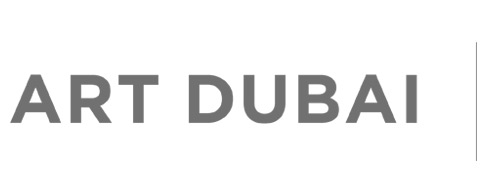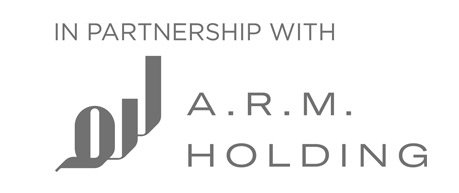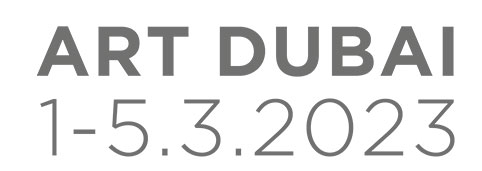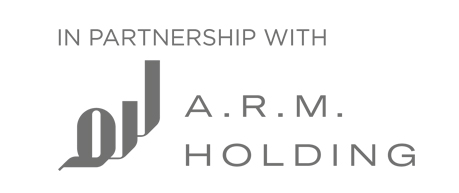Every year Art Dubai invites an artist or creative to participate in designing the fair’s visual identity. While the logo remains in its constant flux, each year the visual campaign is reinvented and takes on a new aesthetic. This process echos the originality of Art Dubai’s programme and flexibility of the fair’s model.
In 2009, Art Dubai collaborated with Adam Broomberg & Oliver Chanarin; in 2010, with Sinisa Vlajkovic; in 2011, with Sam Irons; in 2012 with Dubai-based photographer Mohamed Somji; in 2013, the fair turned to the UAE community-at-large; in 2014 the campaign was based on a collection of various images from previous editions of Art Dubai; in 2015 the visual identity took its starting point from the Art Dubai logo itself; in 2016 Art Dubai acknowledged the significance of the past decade while looking ahead at what is to come; and in 2017 the fair looked at Dubai as a trading place for the world in collaboration with Fikra Design Studios. During 2018-2019 the fair worked with Moloobhoy & Brown, firstly looking at in the story of Dubai and its growth in the 2018 campaign, and then in 2019 the visual identity focused on the theme of convergence as a metaphor for the fair’s role as a meeting point for the global art world.



